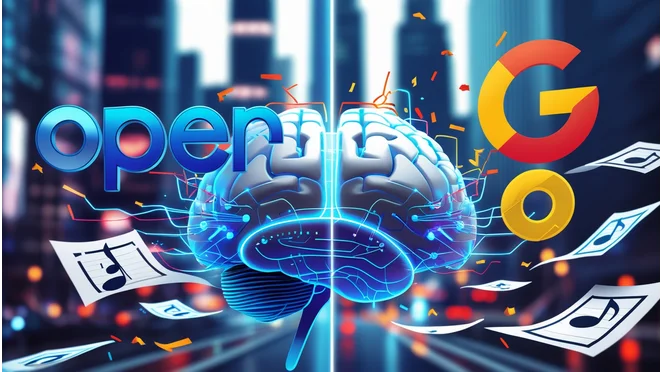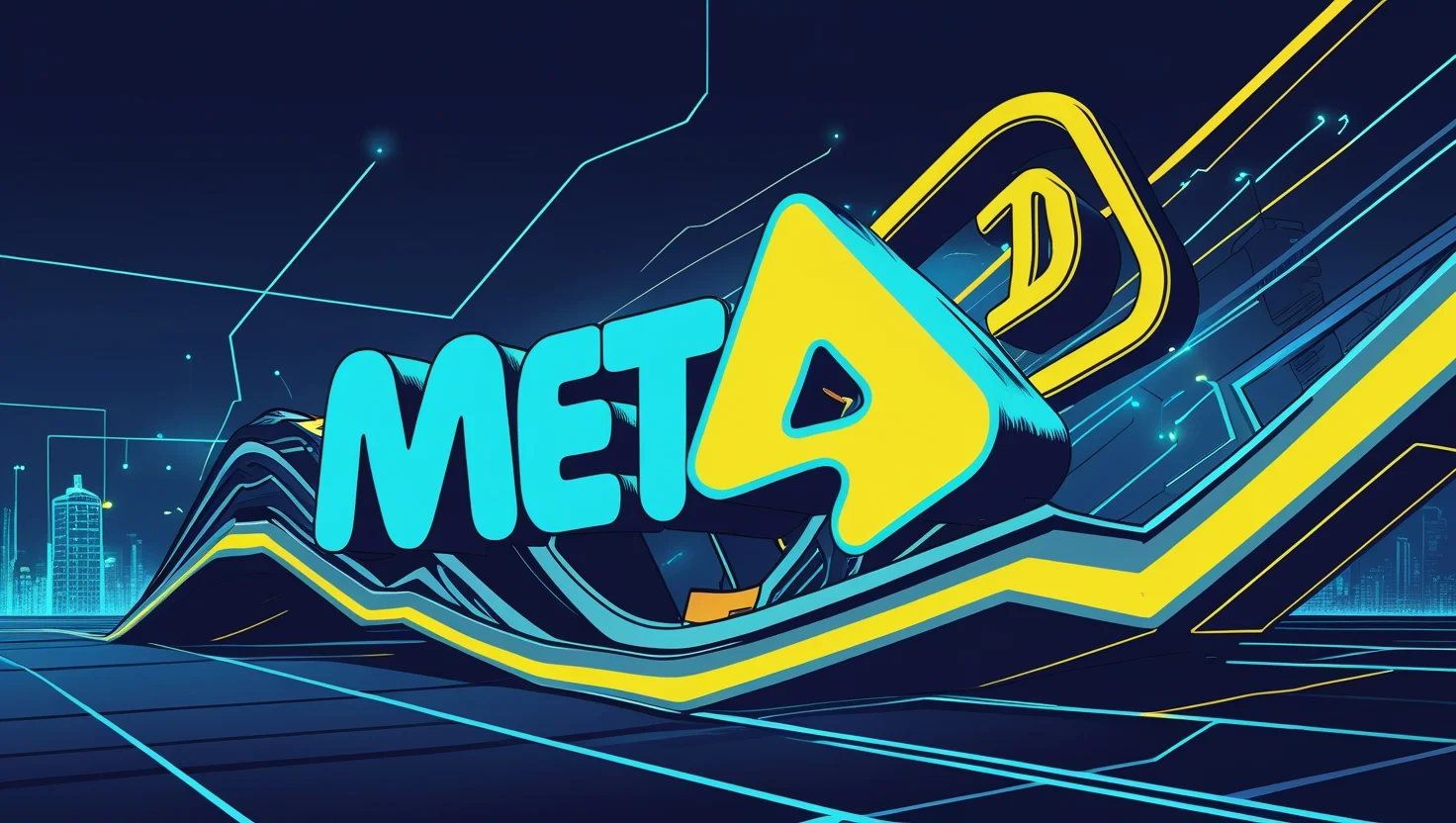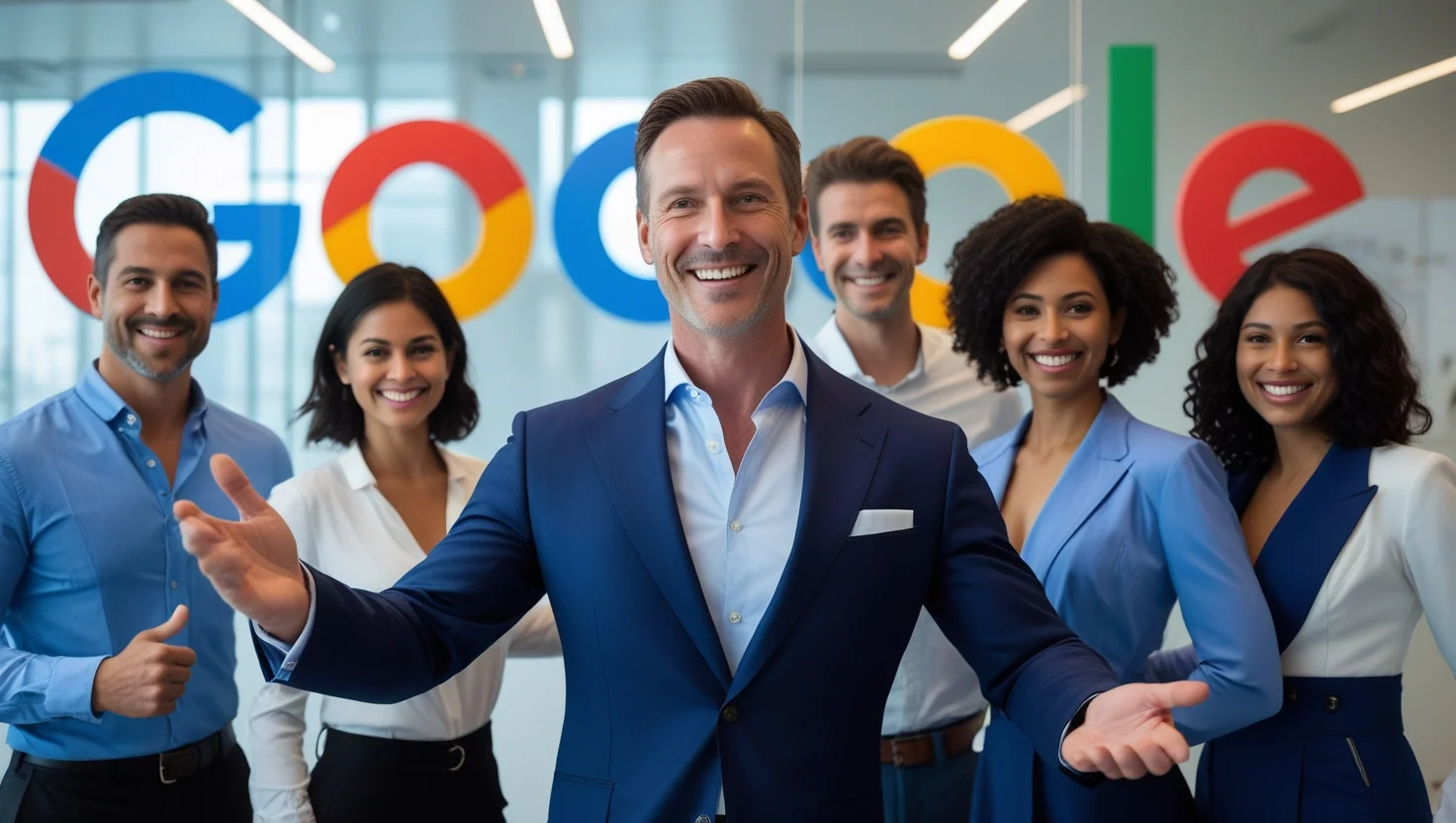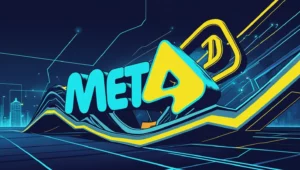OpenAI and Google are advocating for the U.S. government to permit their artificial intelligence (AI) models to train on copyrighted materials. Both companies voiced their positions in proposals made public recently, with OpenAI emphasizing that the issue of applying fair use protections to AI is a matter of national security. Their proposals respond to a request from the White House, which seeks insights from various stakeholders to support President Donald Trump’s “AI Action Plan.” This initiative aims to strengthen America’s standing in the AI sector without burdening innovation with excessive regulatory requirements.
OpenAI argues that granting AI developers access to copyrighted content is vital for maintaining the U.S. competitive edge against China. The company highlights that Chinese AI developers will likely have unrestricted access to a broad range of data, including copyrighted works, which could significantly enhance their AI models. OpenAI cautions that if American companies are restricted from using fair use while their Chinese counterparts exploit copyrighted data freely, the U.S. risks losing the race for AI dominance.
Google concurs with OpenAI’s position, remarking that existing copyright and privacy laws often hinder necessary data access for training high-performing models. The company asserts that fair use policies, along with exceptions for text and data mining, play an essential role in utilizing publicly available copyrighted content for AI training, helping to mitigate lengthy and unpredictable negotiations with content rights holders.
Additionally, Anthropic, the firm behind the AI chatbot Claude, presented its proposal without addressing copyright issues. Instead, it requests the establishment of a systematic approach for evaluating the national security risks associated with AI models and recommends strengthening export regulations on AI technology.
Anthropic also echoes the need to enhance the U.S. energy infrastructure to support AI’s growth. Many AI companies, including OpenAI, face legal challenges related to allegations of unauthorized content use for training purposes, with lawsuits from entities like The New York Times and prominent individuals such as Sarah Silverman and George R.R. Martin.













